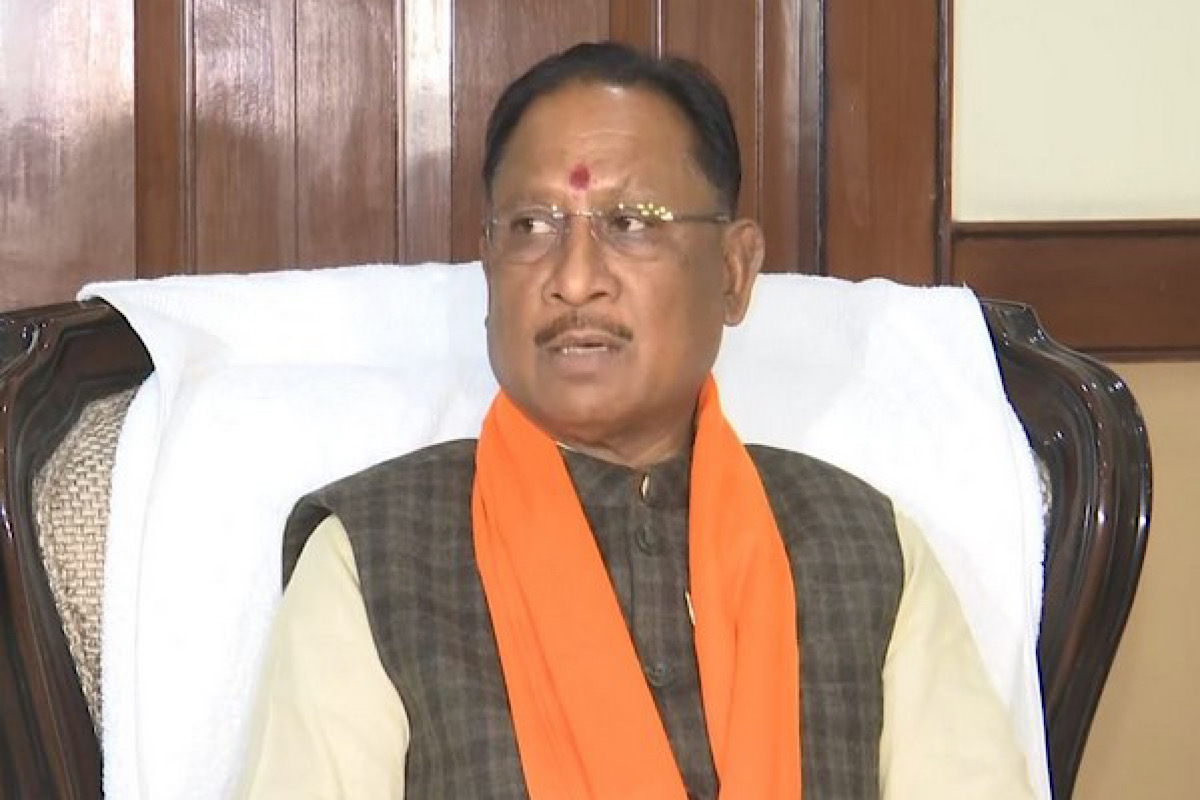Chhattisgarh Chief Minister Vishnu Deo Sai announced a substantial increase in the budget for tribal development, with the allocation under the Surguja Area Tribal Development Authority rising from Rs 50 crore to Rs 75 crore.
In a meeting held in the tribal village of Mayali in Jashpur district, the Chief Minister addressed the concerns of local representatives and emphasised the state’s commitment to accelerating growth in tribal areas. In a key announcement, Rs 10 crore was allocated to promote tourism in Mayali, which is expected to become a major economic driver for the region.
Advertisement
The meeting, attended by authority members and senior officials from multiple departments, reviewed the progress of various development projects and took corrective measures to ensure timely completion. Projects that had not yet started were canceled, and urgent directions were issued to prioritise unfinished works.
Highlighting the government’s dedication to tribal welfare, Chief Minister Vishnu Sai reiterated that both the Central and State Governments were working together for the holistic development of Chhattisgarh’s tribal areas. “Our government, under the dynamic leadership of Prime Minister Narendra Modi, is committed to improving the lives of people in tribal regions. From Bastar to Surguja, we are focused on economic empowerment and better connectivity,” he said.
Sai praised the initiatives taken by the previous government led by Dr Raman Singh, noting that the creation of the Tribal Development Authority had laid the foundation for sustainable development in remote areas. “We want every tribal community to benefit from the resources available to them, and we will ensure that the necessary infrastructure and funds are provided to support that vision,” the Chief Minister added.
In his address, Sai placed special emphasis on tourism as a key sector for economic growth. The Rs 10 crore allocation for promoting tourism in Mayali is expected to enhance the region’s appeal, boosting the local economy and creating job opportunities for tribal residents. The Chief Minister underscored the potential for adding value to forest products, such as medicinal herbs and other natural resources, which can help in uplifting the livelihoods of villagers and farmers.
“Jashpur’s rich natural resources, forests, and cultural heritage make it a prime destination for eco-tourism. By developing infrastructure and promoting sustainable tourism, we will not only preserve the environment but also generate income for the local population,” said Sai.
During the meeting, Sai responded to the issues raised by Authority members, including demands for electricity in remote areas, addressing high electricity bills, and measures to prevent damage caused by elephant movements. The Chief Minister directed Energy Secretary Rohit Yadav to resolve billing issues and take action to improve power supply in the affected regions.
The Chief Minister also announced the establishment of a sugarcane purchase centre in Lundra-Batouli, a long-standing demand from local farmers. Additionally, he promised to take measures to protect villagers from the recurring threat posed by wild elephants, a common concern in forested areas of Chhattisgarh.
Sai emphasised that the state government’s priority is the inclusive development of all sections of society, including Scheduled Castes, Scheduled Tribes, and Other Backward Classes. With the support of the Central Government, the Chief Minister promised to fast-track development projects in tribal regions to ensure that the benefits of growth are shared by all. The meeting concluded with the inauguration of the divisional office of the Water Resources Division in Kunkuri, which is expected to improve water management and support agricultural activities in the region.
Chief Minister Sai’s commitment to the development of tribal areas, coupled with the substantial increase in budgetary support, signals a new era of growth and opportunity for Chhattisgarh’s remote regions. With a clear focus on tourism, forest products, and improved infrastructure, the state is poised to uplift its tribal communities while ensuring sustainable development for future generations.











